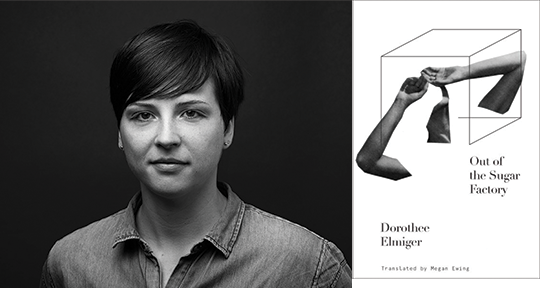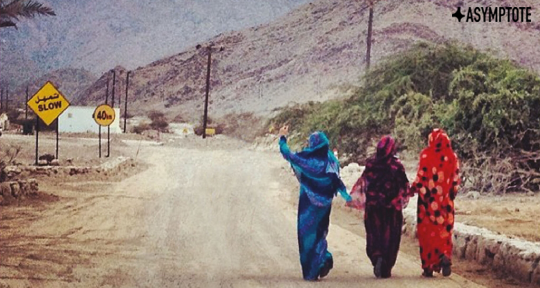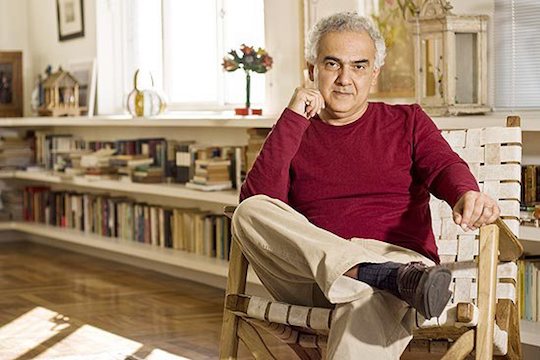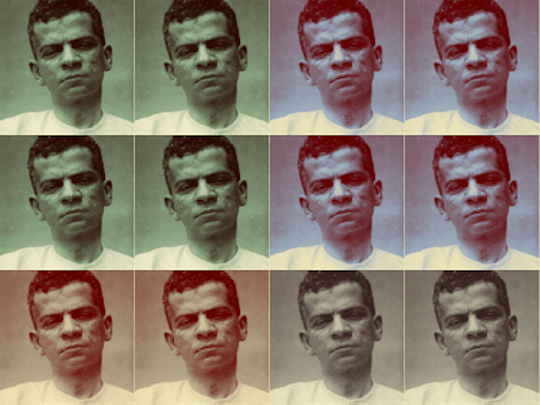Out of the Sugar Factory by Dorothee Elmiger, translated from the German by Megan Ewing, Two Lines Press, 2023
How do you write about a book that is itself concerned with what it is about; that covers a vast array of seemingly disparate but fundamentally deeply interconnected topics in a fragmentary, multi-genre, looping montage; that is both tentative and unashamedly demanding; that is hyper-meta yet written in language that is refreshingly unselfconscious; that is so preoccupied with form and origins that it defiantly eludes attempts at endings? What can you say a book that has already said so much about itself?
You could say that, fundamentally, Out of the Sugar Factory is about exactly what its title suggests: sugar and production. In thinking and trying to write about this book, though, such a statement seems entirely insufficient—for this text, with tales spanning from the 16th century to the present day, is equally about love, desire, slavery, capitalism, the art of writing, artifice, self-representation, subjection, the Haitian revolution, religion, anorexia and mania—and utterly exhaustive, since all these parenthetical topics are ultimately also symbolised by sugar and its production. In this kaleidoscope of ever separating and reconnecting topics, full of “objects [that seem] to enter into new relationships, new constellations with each other”, Dorothee Elmiger—or rather, the narrator she pens—is perhaps suggesting that any single thing, if examined both broadly and closely enough, can lead us to everything else (are we singing along with Lauryn Hill that ‘Everything is everything’?); or perhaps she is suggesting that, haunted as the early twenty-first century is by the spectre of colonialism and its aftermath, we are saturated in sugar (some things are more omnipresent than others). Then again, maybe she is implying both or neither of these things, or even that the search for a metanarrative is futile: as Elmiger writes, “I thought I had to somehow gather everything together . . . but now things are imposing themselves on me virtually—I see signs and connections everywhere, as if I had found a theory of everything, which is of course utter nonsense.” READ MORE…




